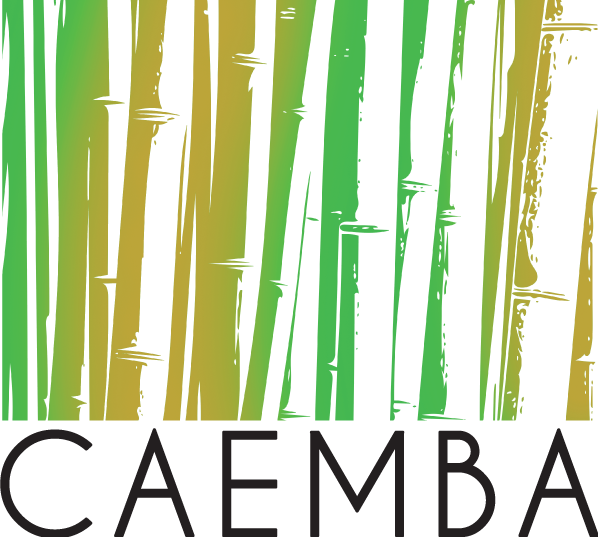
Building Bridges, Breaking Barriers, Empowering Communities

A development problem
The lack of an inclusive development model
in the Same-Tonchigüe area, where one of
the largest summer real estate
developments in Ecuador has been built,
has left many families in a state of extreme
poverty.
This reality has been the breeding ground in which several young people have opted to form criminal groups, putting at risk the viability of tourism in the area, forming a vicious cycle that deepens poverty and crime, and endangers the livelihoods of more than 8,000 people who depend on tourism in this region.
This reality has been the breeding ground in which several young people have opted to form criminal groups, putting at risk the viability of tourism in the area, forming a vicious cycle that deepens poverty and crime, and endangers the livelihoods of more than 8,000 people who depend on tourism in this region.
A socio-economic gap
Thanks to a humid tropical climate, with minimum
temperatures of 18°C and maximum temperatures
of 30°C, and an extensive beach, located 6 hours
from the capital, the Same-Tonchigüe region has
been one of the most important areas for tourism
and real estate development in Ecuador.
However, the real estate development scheme
that was developed in this area is extractive in
nature, where the main transfer of these
resources is directed to developers based in
Quito and does not include investment in local
society.
In addition, most of the local population does not participate in the benefits of this real estate development and their main season of sustenance depends on the summer, leaving gaps throughout the year where their income is practically nil.
In addition, most of the local population does not participate in the benefits of this real estate development and their main season of sustenance depends on the summer, leaving gaps throughout the year where their income is practically nil.
What can we do?


A change of model
Generating a more inclusive development model
with vulnerable groups in the Same-Tonchigüe
area will generate conditions that will allow
excluded youth, women and their families to
improve their living conditions through
entrepreneurship and/or employment.
This will allow them to achieve economic independence, which is the best way to cut crime and the best way to achieve their own and their families’ well-being.
This will allow them to achieve economic independence, which is the best way to cut crime and the best way to achieve their own and their families’ well-being.
The immediate effect?
Reduced insecurity. Same-Tonchigue can thus develop its full economic potential
and recover more than 1,000 jobs lost in recent years, a strong boost for many
development possibilities in the area.
This model includes:
- Vocational training for young women and
men. - Seed funds for ventures that operate in all
seasons of the year. - Social reintegration for young people currently in criminal gangs.
- Construction of decent housing.
- The practice of sports with children and
adolescents, who are currently at risk of
being recruited by gangs.

Magnitude of change
- Build approximately 150 homes in 4 years, so that there are no families living in precarious conditions in the sector.
- Train at least 100 female heads of household and 200 young people living in poverty and vulnerability in high-demand professional trades that will enable them to start businesses or obtain full employment.
- It is planned to deliver 100 seed funds to promote entrepreneurship.
- There should also be sports facilities and coaches so that at least 200 children and adolescents in the sector can practice sports such as soccer, basketball and martial arts; this would reinsert into society 30 young people in legal activities, who are currently part of several gangs.
This is expected to reduce insecurity in the sector and promote
the reactivation of tourism, which has more than 1,400 vacation
units.
At least 500 permanent jobs and 500 seasonal jobs could be reactivated, directly benefiting 800 families or 4,000 people in the poorest and most vulnerable province on Ecuador’s coast.
At least 500 permanent jobs and 500 seasonal jobs could be reactivated, directly benefiting 800 families or 4,000 people in the poorest and most vulnerable province on Ecuador’s coast.
Be part of the Same-Tonchigüe Project and support the development of a sustainable and inclusive economic model, hundreds of families will thank you for it.


